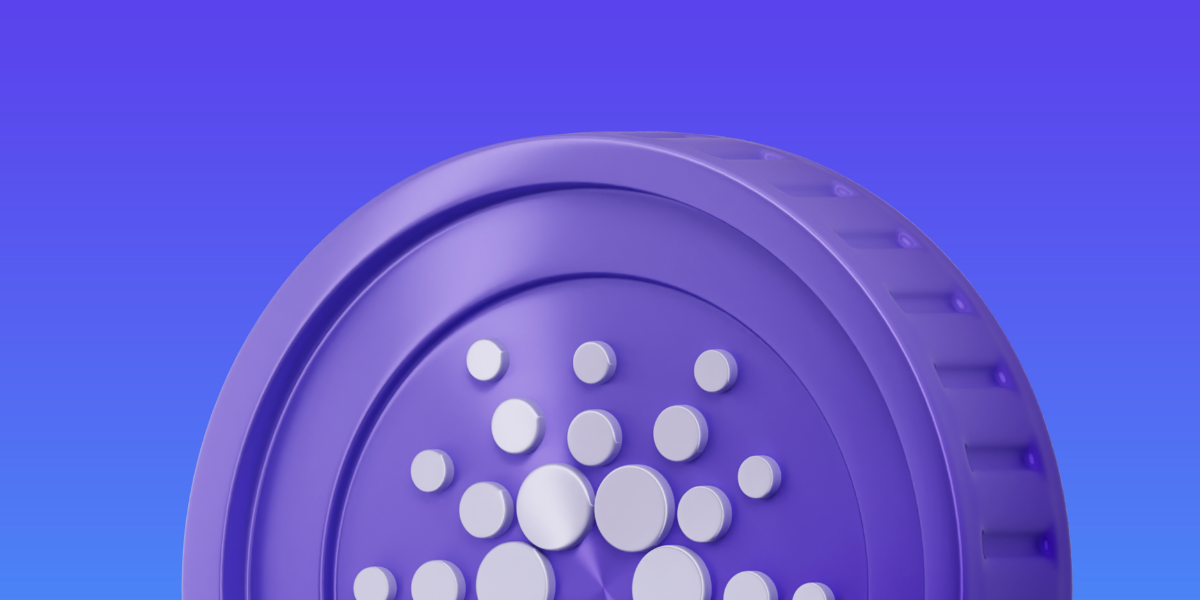-
Blockchain Explorers
Blockchain explorers are websites or online tools that provide detailed information about the activities and transactions happening on a blockchain. These platforms allow users to search, view, and analyze blockchain data in a transparent and accessible way. Blockchain explorers serve as a public window into the blockchain, providing insights into blocks, transactions, addresses, smart contracts,…
-
Fixed Monetary Policy
Fixed monetary policy refers to a predefined, unchangeable supply of a currency that limits the total amount that can ever be created. Once the maximum supply is reached, no additional units of the currency can be issued, ensuring that the total supply remains fixed permanently. This approach contrasts with traditional fiat currencies, where central banks…
-
What’s the difference between a pool and a node on Cardano?
In the Cardano blockchain ecosystem, both pools and nodes are critical components, but they serve different purposes and have distinct roles. Here’s a breakdown of the differences between a stake pool and a node on Cardano: 1. Node A node in Cardano is a piece of software that runs the Cardano protocol and participates in…
-
Serial Transaction Processing
Serial transaction processing refers to handling transactions one after another in a sequential manner. In the context of blockchain, this means that each transaction is processed in order, and the next transaction cannot be processed until the previous one is completed. This ensures that all transactions are processed in a specific sequence, which helps maintain…
-
Cardano Treasury System
The Cardano Treasury System is a decentralized financial structure designed to fund the ongoing development and improvement of the Cardano blockchain ecosystem. It accumulates funds through network activities and allocates them to proposals that are voted on by the Cardano community, making it a key component of the governance model, especially as the platform transitions…
-
Cardano Governance Tool
The Cardano Governance Tool is a set of mechanisms and platforms that enable decentralized governance within the Cardano ecosystem. It allows the community to participate in decision-making processes, vote on key proposals, and shape the future of the blockchain. The governance system is an integral part of Cardano’s evolution, particularly in the Voltaire era, which…
-
Deflationary Currency
A deflationary currency is a type of currency where its total supply decreases over time, either due to a reduction in the issuance rate or the active removal of tokens from circulation (via mechanisms like burning). This decrease in supply can make the currency more scarce, potentially increasing its value over time as demand remains…
-
What are the different types of tokens on Cardano?
Cardano supports multiple types of tokens, thanks to its multi-asset ledger introduced with the Mary hard fork in March 2021. These tokens are categorized based on their purpose and how they interact with the Cardano blockchain. Here are the main types of tokens on Cardano: 1. ADA 2. Native Tokens Key Features of Native Tokens:…
-

Beginners Guide to Buying ADA from a Decentralized Exchange (DEX)
In the world of cryptocurrencies, Cardano’s native token ADA has gained significant attention due to its energy-efficient, eco-friendly blockchain and its focus on scalability and security. While centralized exchanges (CEX) like Binance or Coinbase offer straightforward ways to purchase ADA, decentralized exchanges (DEX) are becoming increasingly popular among crypto enthusiasts for their focus on privacy,…
-

The Island, The Ocean, and The Pond Video Breakdown
The Island, The Ocean, and The Pond: A Vision for the Future of Cardano Development Charles Hoskinson’s video titled The Island, The Ocean, and The Pond, posted now three years ago, holds significant meaning within the Cardano community and the broader blockchain space. In this video, Hoskinson uses a metaphor to describe the different phases…
